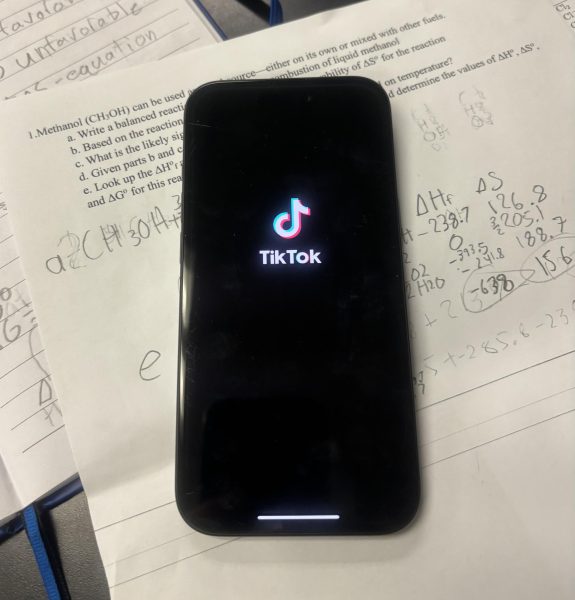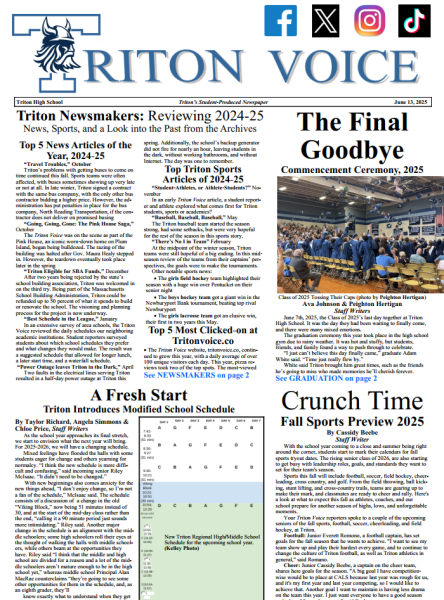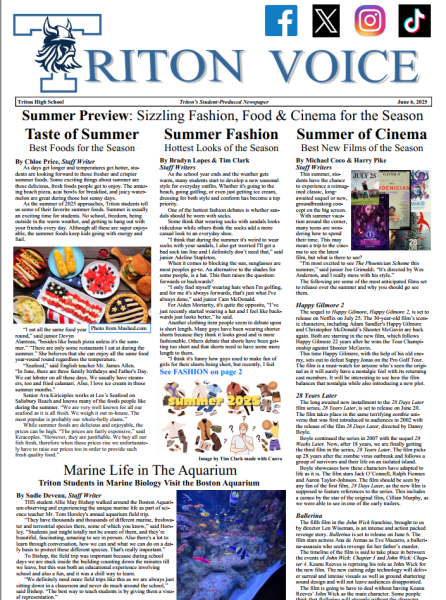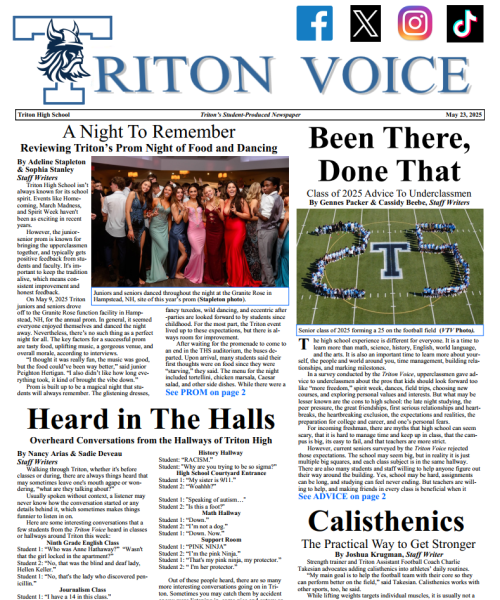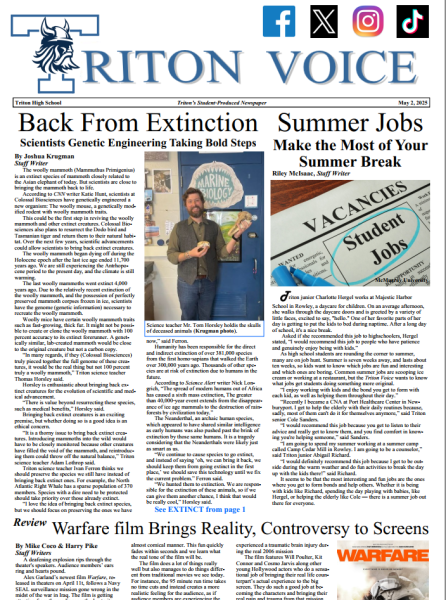Coronavirus Contagion Continues
Virus has killed hundreds: What does it mean for America?
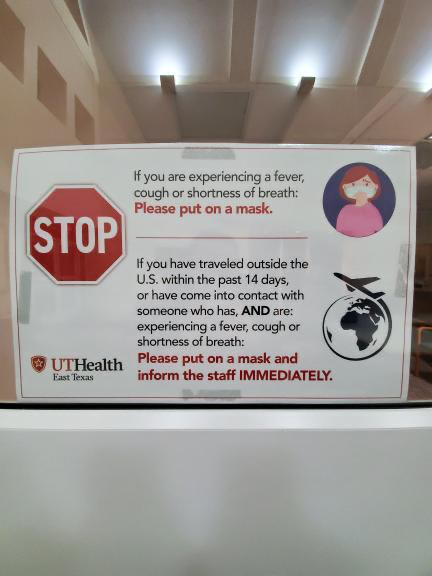
A sign in UTHealth East Texas Carthage telling people to be aware of symptoms.
With over 1,300 people dead and over 50,000 people infected, novel coronavirus has become the talk of news outlets all over the world.
“In the last week it became a very big topic. The hospital I work at is a very small hospital part of a big system.” Said Sara Harrison, a registered nurse at UTHealth East Texas Carthage, “Our “mother” hospital actually had a potential scare and they quarantined half of their emergency room.”
According to The World Health organization “Coronaviruses (CoV) are a large family of viruses.” Illnesses including Middle East Respiratory Syndrome and Severe Acute Respiratory Syndrome, are all part of this larger family, however some strains can present as just a common cold. The current outbreak is a new strain and is called Novel Coronavirus.
Coronaviruses are zoonotic. This means that they can be transferred from animals to humans. There have been documented cases of animals like civets and camels infecting humans with various different strains. Then the virus mutates and humans can pass on the virus to each other.
The first report of the novel coronavirus was on December 30 2019 came from Doctor Li Wenliang, who has since died from the virus himself. Wenliang sent a warning to fellow doctors in the area, but was told by police to stop “making false comments.”
The virus can present differently on a case by case basis. Some people will experience no symptoms or very mild symptoms, while others may become extremely ill and even die. The actual symptoms include a fever, cough, and difficulty breathing.
In the U.S those who have been infected with the virus had either recently visited China or had been in close contact with someone who had visited China. All of those with confirmed cases of the novel coronavirus in the U.S are in quarantine and being monitored.
With the novel coronavirus having just been discovered within the last month there is currently no vaccine. Without a vaccine the only way to stop the spread is to be vigilant about prevention.
“At our hospital they have put signs on every entry door with symptoms to look out for and to notify staff immediately,” said Harrison, “If [someone is showing] signs they are immediately placed in isolation and all staff who would have had contact will wear proper protection.”
The closest case of the novel coronavirus to Triton, was in UMass Boston after a student came back from China and was diagnosed with the virus. The student is under quarantine until health officials say otherwise.
Bottom line if you are in the U.S the likelihood of you actually being infected with novel coronavirus are very slim. However if you have recently traveled to China or have been in contact with someone who has, and you feel sick go to the hospital. Doing this will not only be for your safety but for the safety of those around you.

Hi! My name Is Sophia Mailhoit. I'm a senior at Triton High School. I love theater, from acting in plays and musicals, to writing my own shows. I also...



